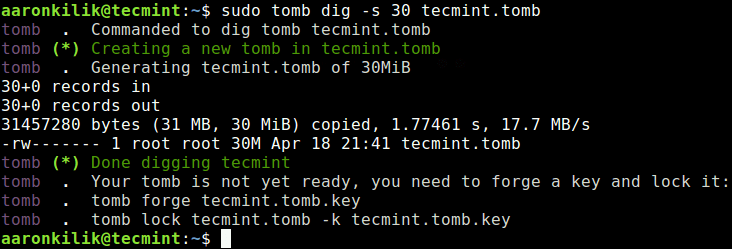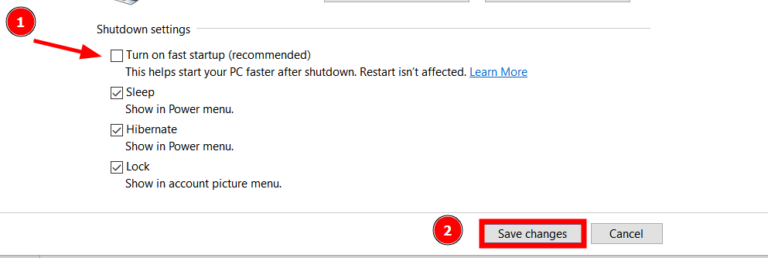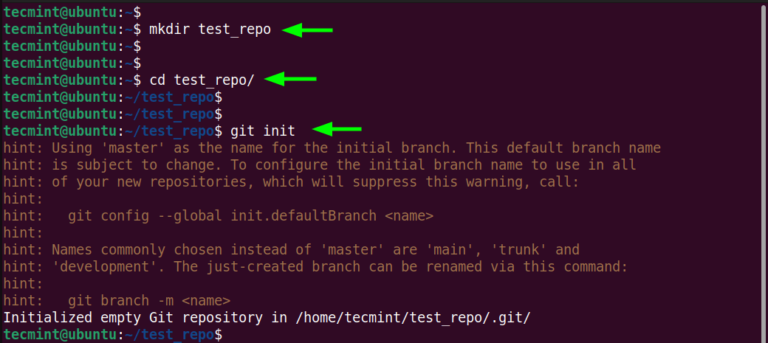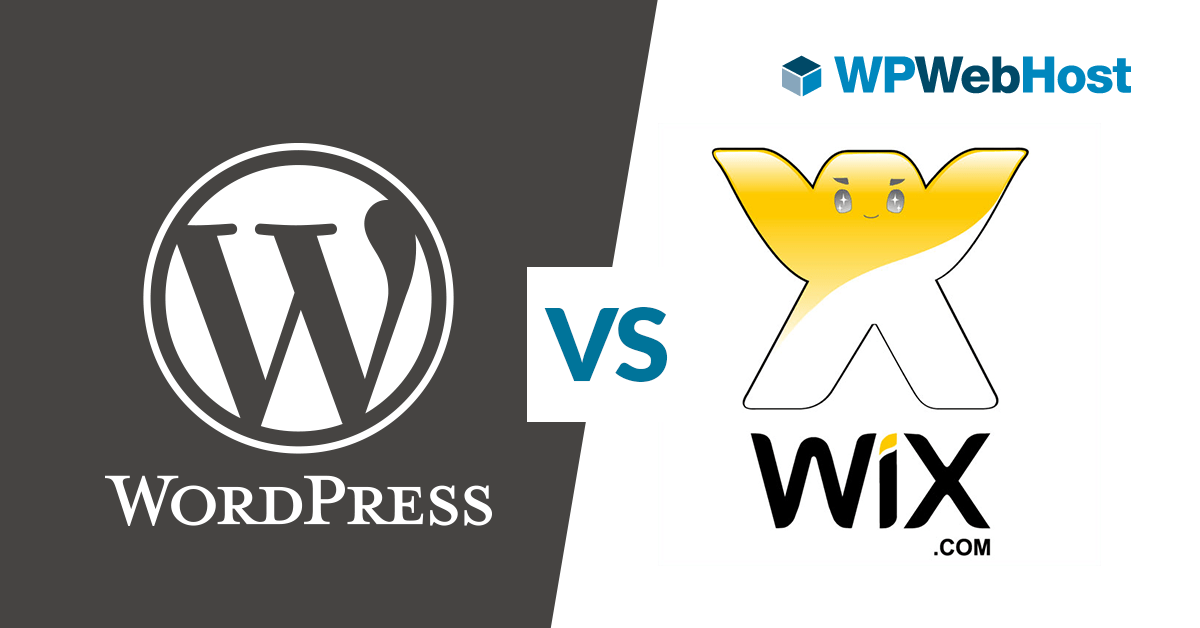
WordPress is one of the oldest and most popular platforms for creating websites. However, it’s far from the only one. Recently, a number of competitors have challenged its dominance with their own, unique features.
One of the most popular is Wix, which uses a well-designed visual editing interface. The goal is to make it intuitive to create layouts and design striking websites. So, how does WordPress stack up against this challenger?
In this article, we’re pitting WordPress.org against Wix. We’ll investigate each platform’s pros and cons, in order to help you decide which one you should use to your website. Let’s get started!
An Introduction to Wix and WordPress
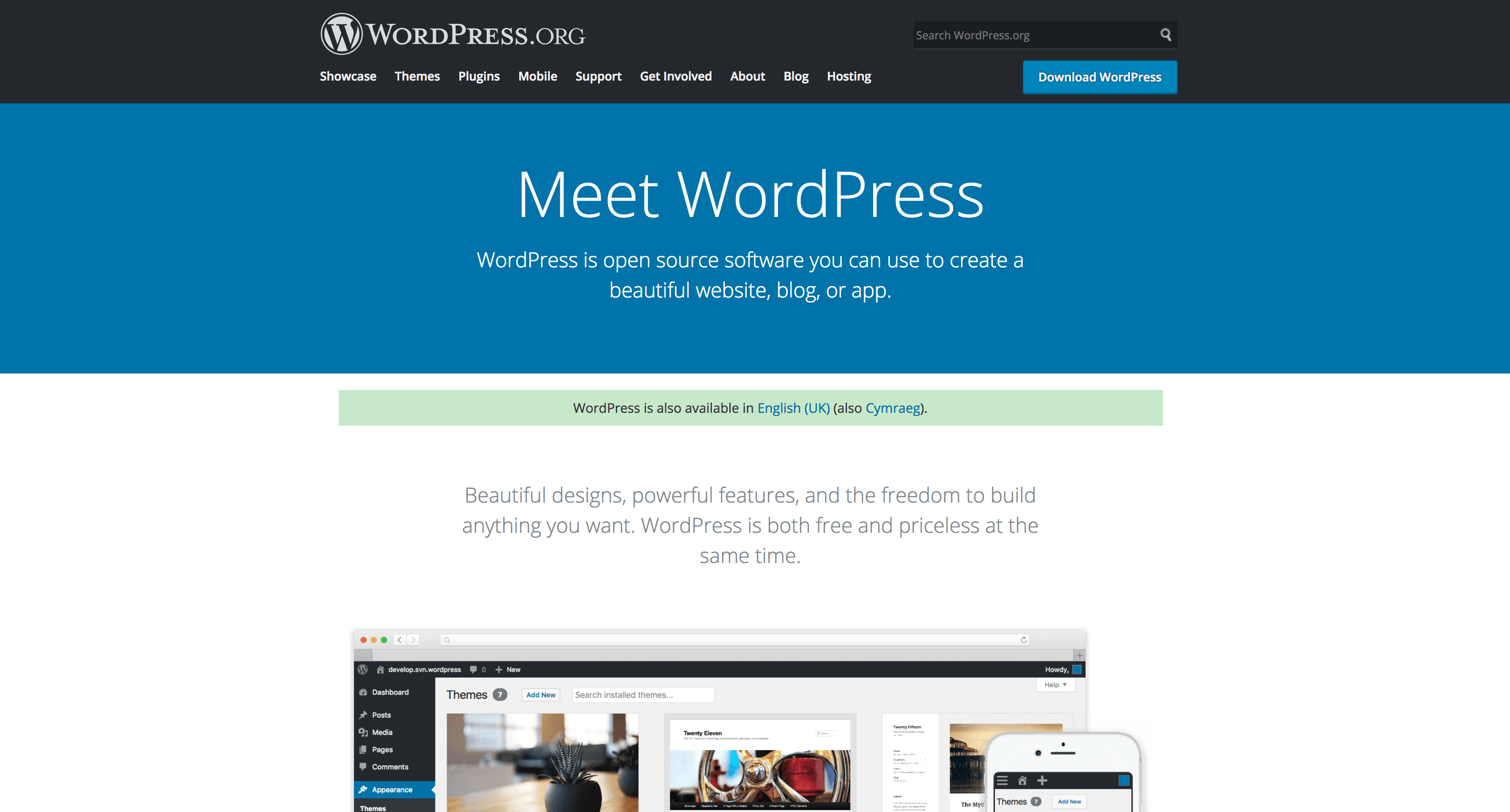
Did you know that WordPress.org is used to run 30% of all websites on the internet? This makes it the world’s most popular Content Management System (CMS), and most common platform used to create websites. Not bad, considering it only took its first steps in 2001 as a humble blogging platform. It remains a hugely popular choice when it comes to starting websites, but it’s not the only one.

In fact, over the past decade many other platforms have started challenging WordPress. One of the most popular of these is Wix. It differs from WordPress as it’s a cloud-based web development platform. It has a much stronger focus on simplicity, and uses a visual builder to make it easy for a relative beginner to create a functional, striking site layout.
In order to determine which one you should use when creating a site, it’s best to compare each platform’s pros and cons. In fact, let’s do so right now!
WordPress.org vs. Wix – A Head-to-Head Comparison
We’ll be comparing WordPress and Wix in five different categories, to help you discern the right platform for you. At the end, we’ll give you our final thoughts and recommendations!
1. Getting Started
Wix
Wix is a very easy platform to get started with. Since it provides both the web hosting and the page creation software, you simply need to sign up for a free Wix account:
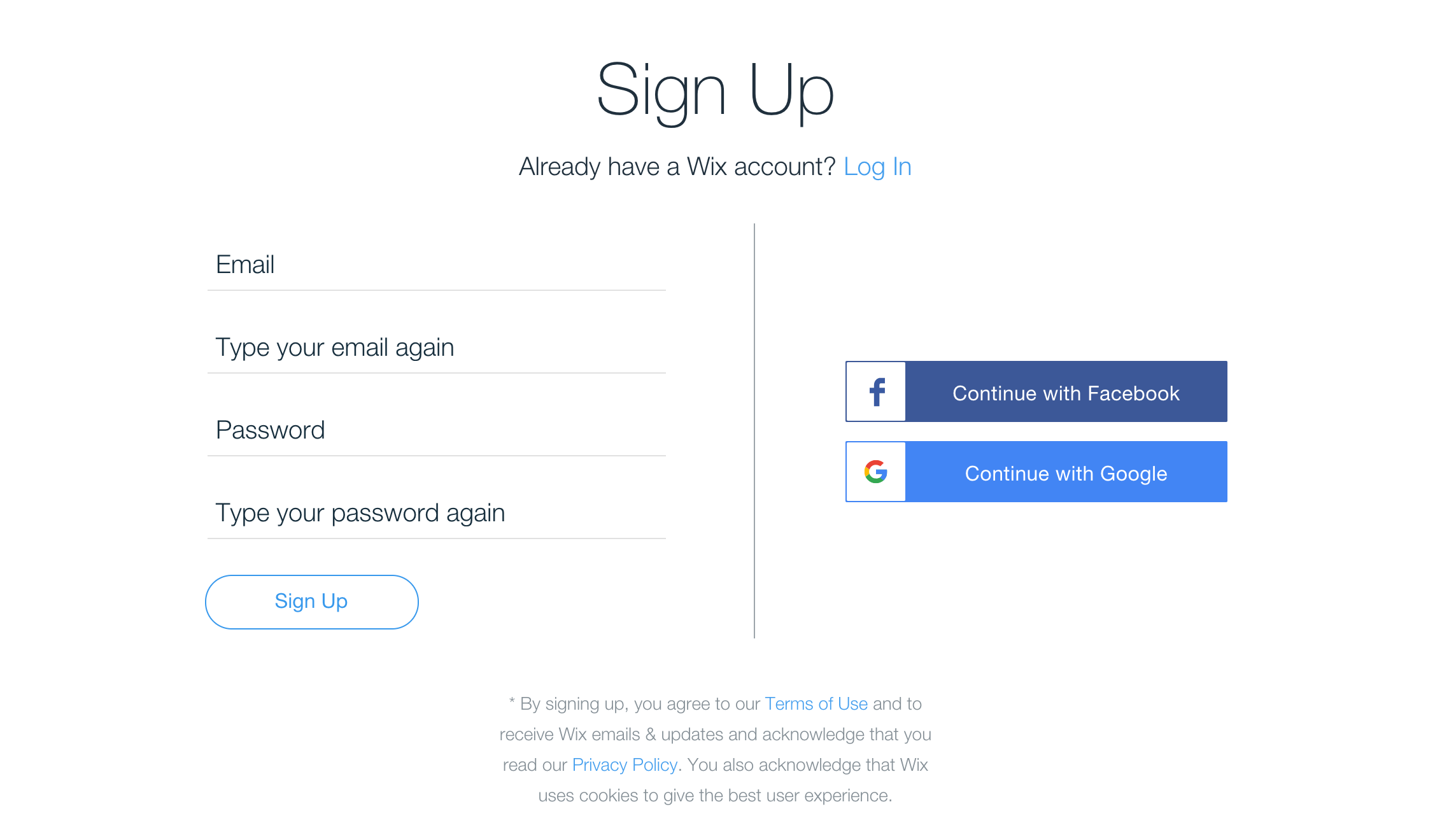
When you create a new site, you’ll be taken through a wizard that helps to determine your starting point. You’ll first be asked what type of site you’re creating:
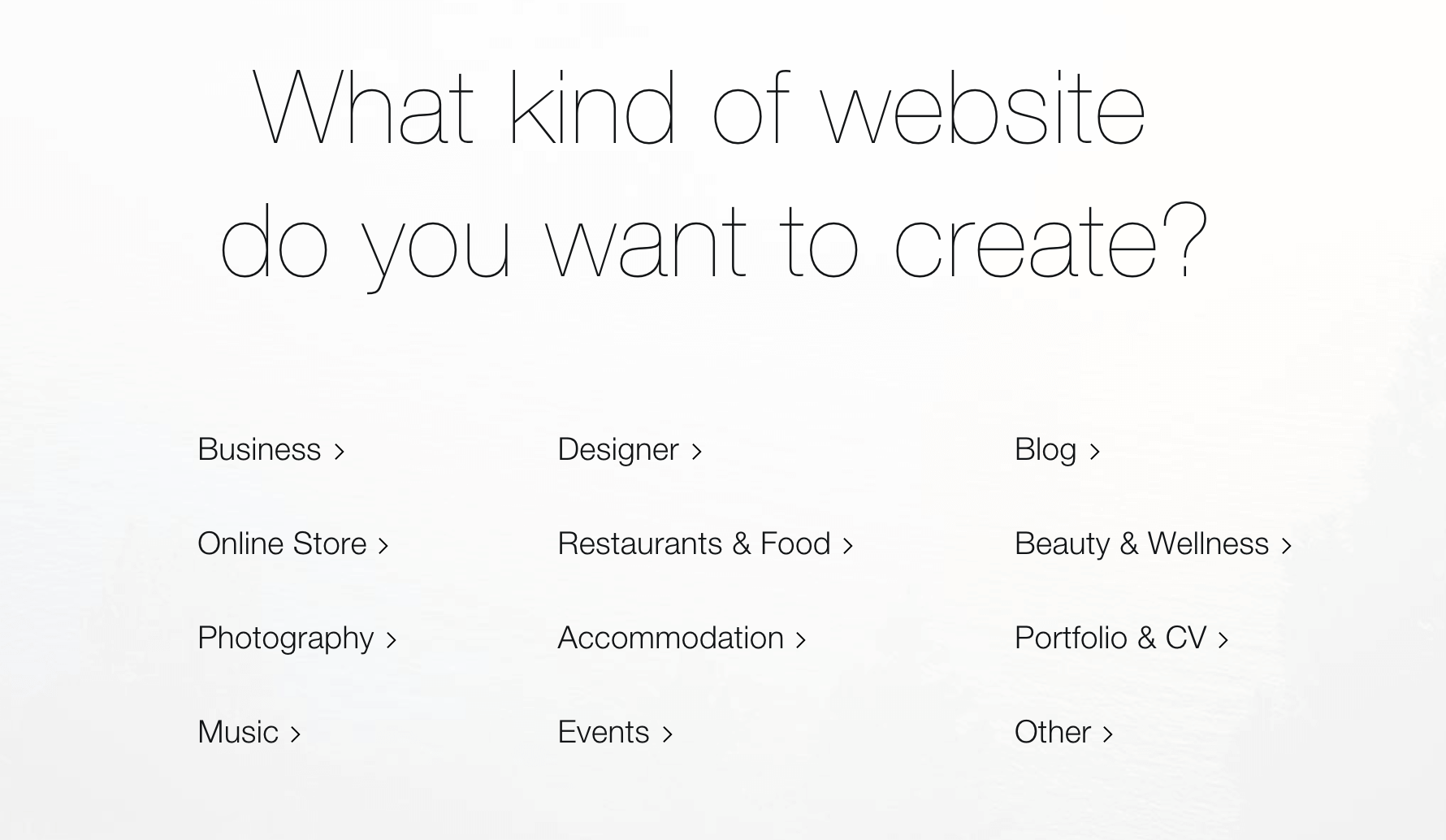
You can then choose if you want to use the Wix Editor, or Wix’s Artificial Design Intelligence (ADI) to automatically create a site for you. This is a tool using Artificial Intelligence (AI) to build a site for you:
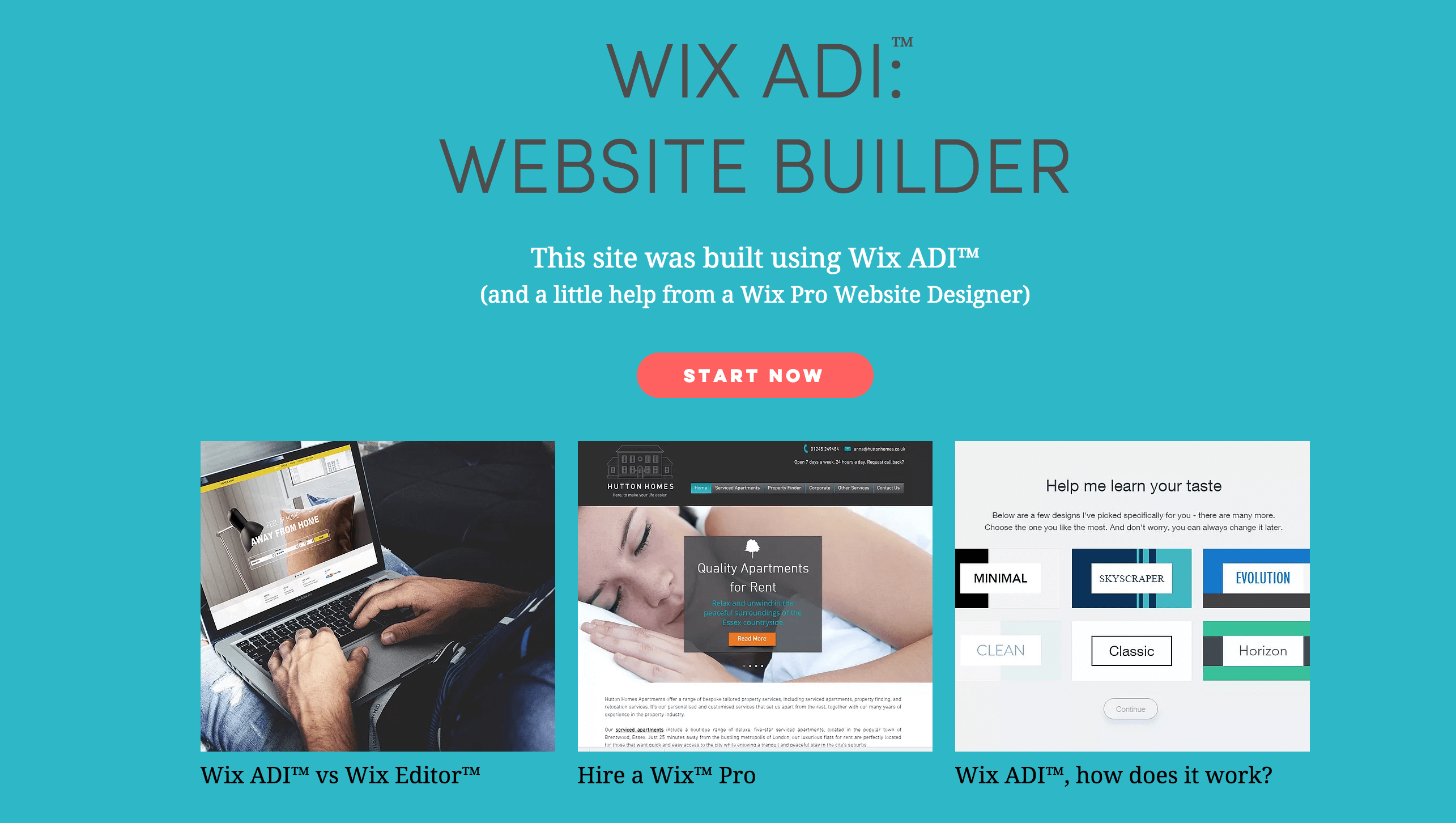
If you select the Wix Editor, you can now use it to build your site, which we’ll cover in a later section.
WordPress
To begin with WordPress, you first need somewhere to host your site. If you already have a hosting plan, you can download the latest version of WordPress and install it manually on your site. This can be a little daunting, especially if you have very little technical experience.
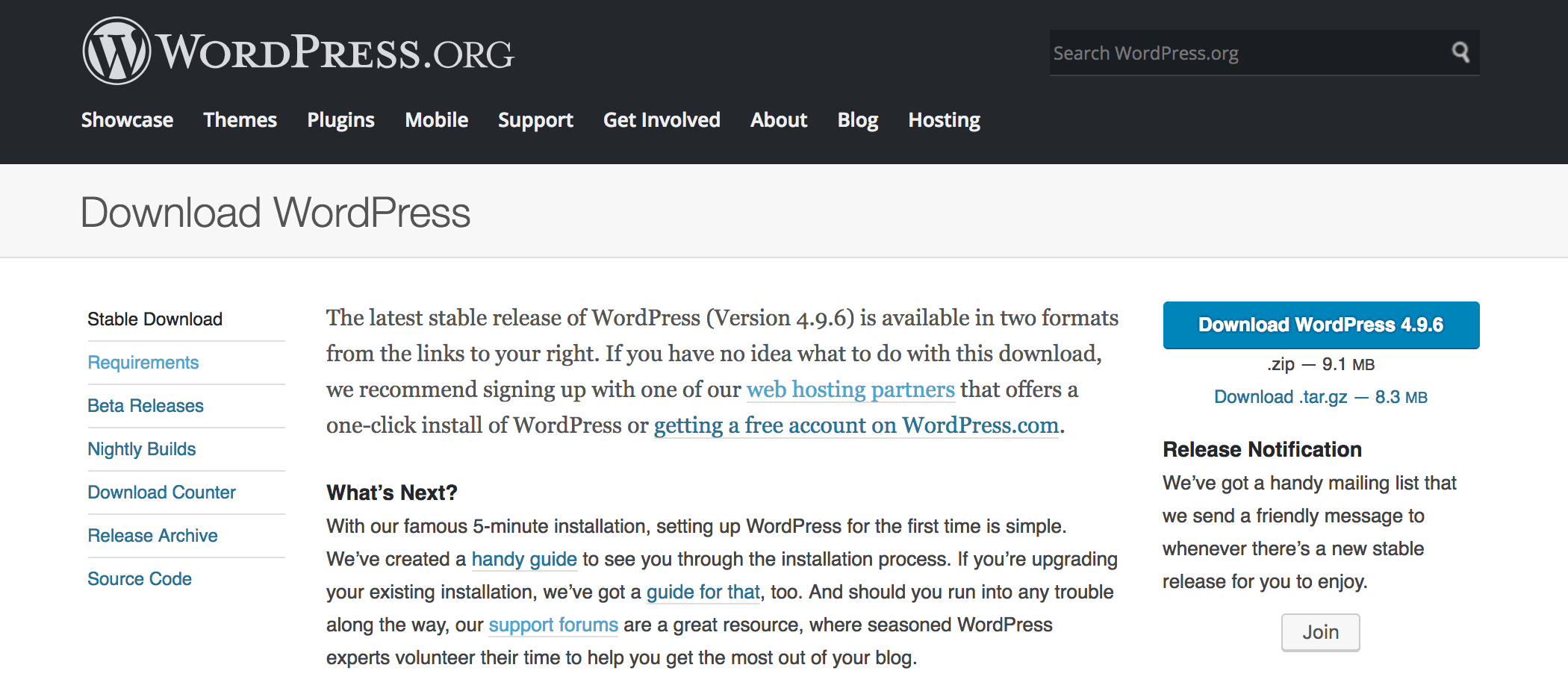
Fortunately, many web hosts offer one-click installations of WordPress included in their plans. You can skip all the technical stuff and jump straight into creating your site and content:

It effectively gives you the functionality of WordPress combined with the initial ease of setting up Wix!
2. How to Use Each Platform
Wix
The star of Wix is their Wix Editor. This is a visual page builder that lets you build a site using a clean, user-friendly interface. First, you’ll get a chance to choose a template to act as a starting point for your site’s design. However, choose carefully, as you will not be able to change the template once your site is published:
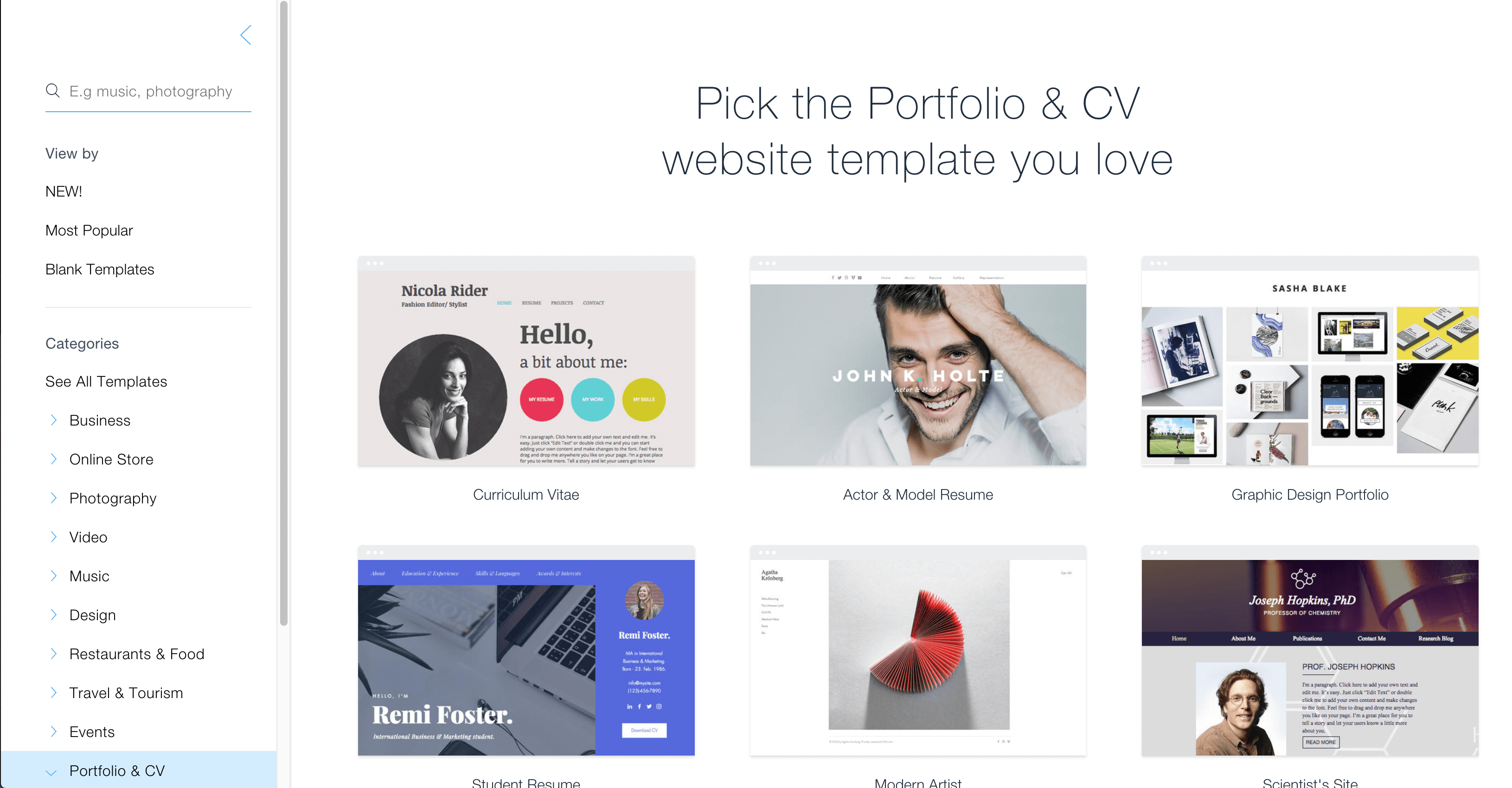
When you choose a template, it will open in the editor, and begin customizing the layout. You can use the menu on the left to access your tools and options:
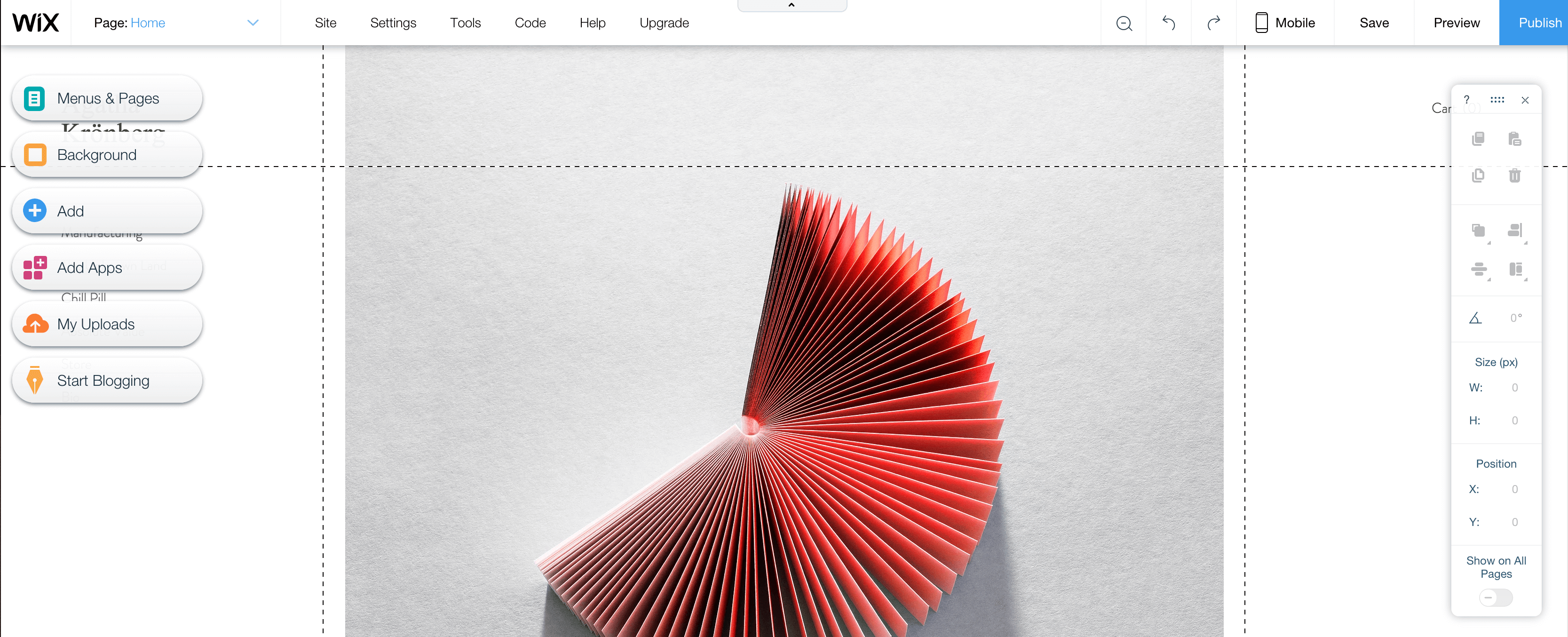
You can click elements on the page to edit them, or drag them to change their size or position:

If you want to edit the page’s code, you can do so using the editor at the bottom of the page:

While this is just a very basic overview, there’s much more to the editor beyond this. We recommend checking out the documentation for more information.
WordPress
In general terms, how you use WordPress is largely up to you. The key to the platform is that there’s no ‘right’ way to use it, and as such you can customize your site and content largely to your exact requirements. However, to begin with you’ll likely want to use the standard editor:
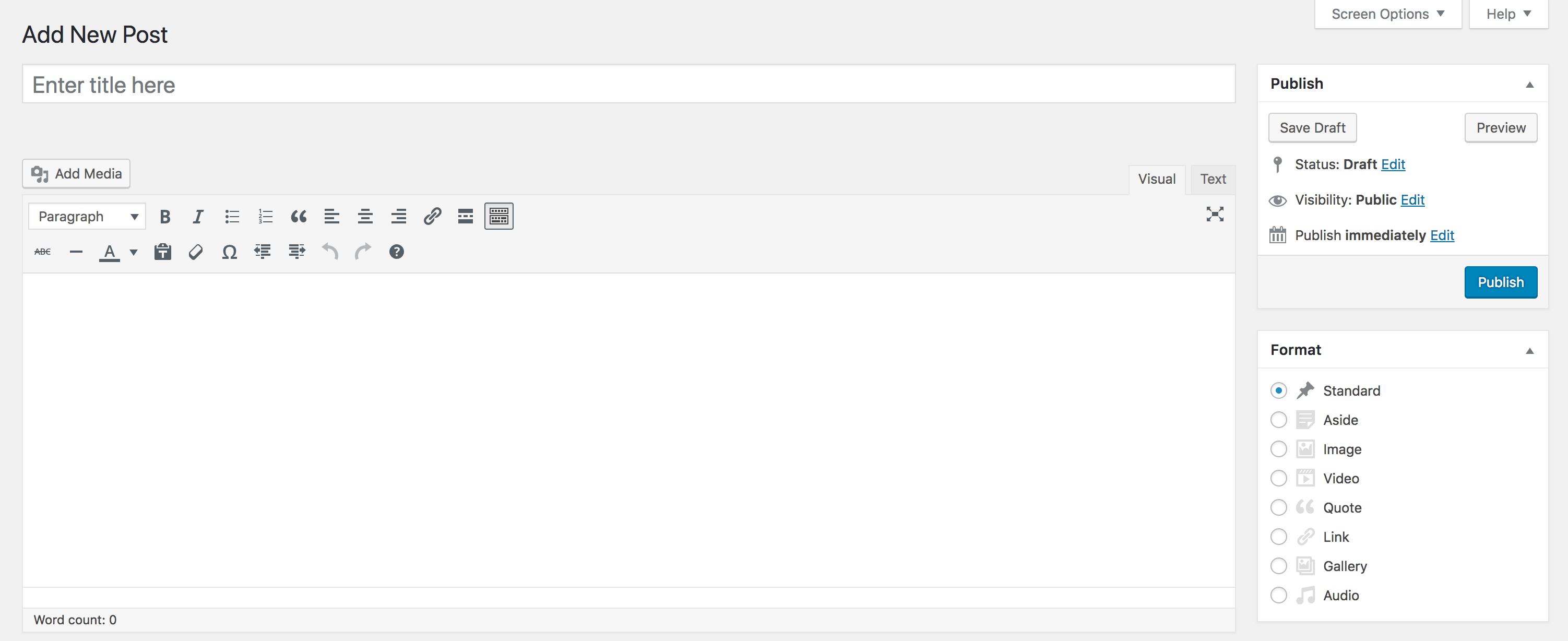
This is similar to the text editors you might have seen elsewhere. You add your content and can use the menus surrounding the editor to make changes to it. The same process is used both for blog posts and pages, creating a uniform editing experience.
When it comes to editing the appearance of your site, you’ll be using themes. These are customized templates that can also include additional functionality. There are thousands of free themes available, and you can install and activate them on your site with a single click:
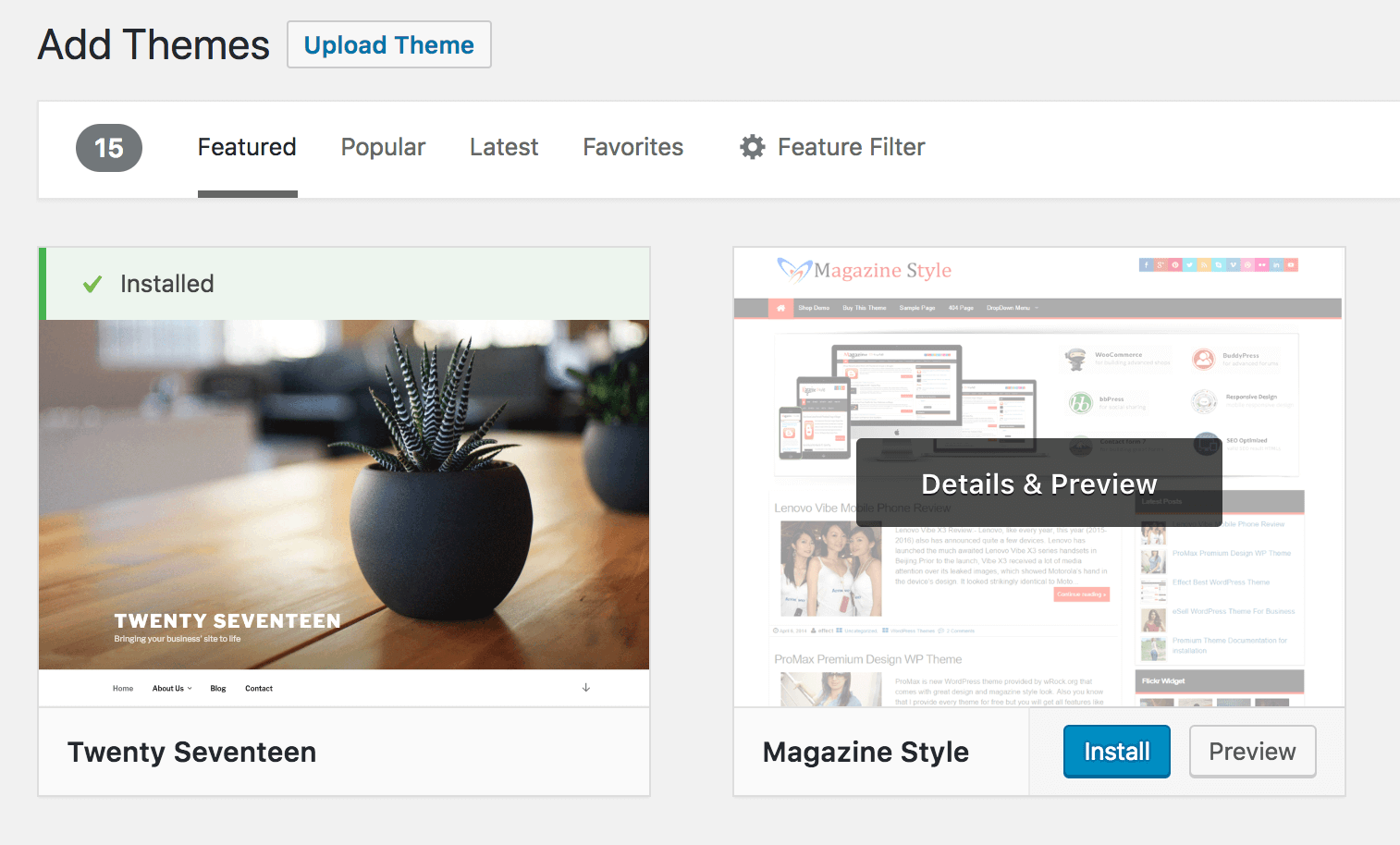
Unlike Wix, you can change your theme at any time. Most themes also enable you to customize them through a visual interface:
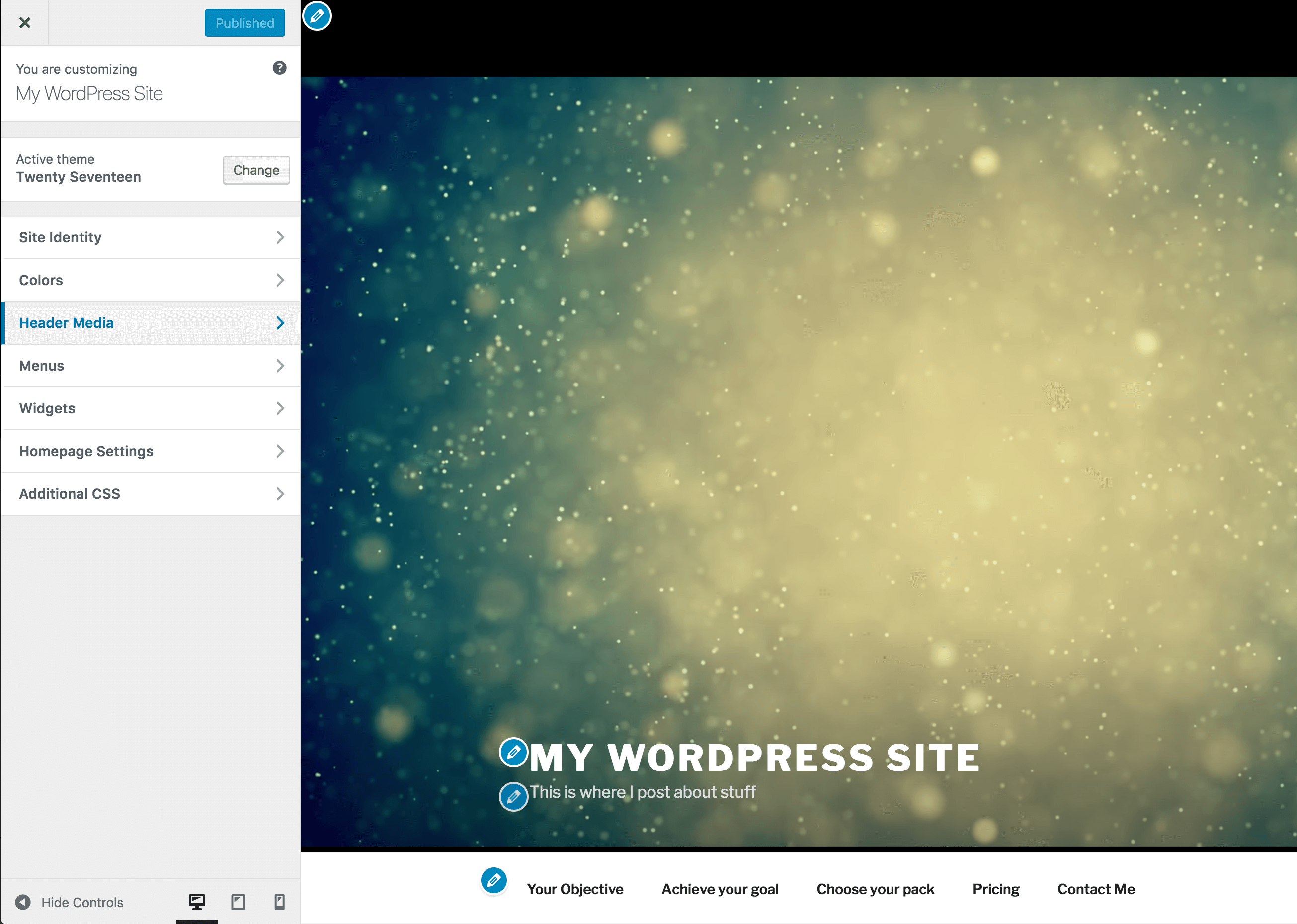
You can also edit the code of a theme directly, or even create your own!
3. Flexibility and Extensibility
Wix
As the goal of Wix is to provide a simple, controlled interface, it also offers somewhat limited flexibility. It’s a closed environment, intended to create solid functionality, but at the cost of user control. This ensures all the tools you use are guaranteed to work and be compatible, but it also means you’re limited in what you can do with your site.
For example, you can only add functionality to your site if it’s officially supported via the App Market. You also need to use the standard Wix Editor to maintain your site, and can’t easily move your site to another host, should you wish.
WordPress
Given its open-source nature and licensing, the entire goal of WordPress is to be as free and open as possible. We’ve already mentioned themes, but you can also use plugins to add practically any functionality to your site with a single click, and even customize your dashboard to your liking. For more advanced tinkering, you can also use a page builder such as Divi or Elementor, which providers very powerful layout editing features that arguably surpasses the Wix Editor. Regardless, in our opinion, your options are vast – and Wix’s offerings pale in comparison.
Due to WordPress’ ubiquity, it’s also easy to transfer your site and content. You can easily move it to different servers or web hosts as you wish. However, this additional flexibility does mean you need to be more careful about the tools you use. As such, make sure you only use secure and trusted tools, to avoid causing harm to your site.
4. Cost
Wix
Wix is free, but also offers several premium plans. Among other features, a premium plan enables you to remove ads from your site, connect your own domain, and ramp up your bandwidth. If you’re serious about your site, we recommend you find a paid plan offering the features you need.
WordPress
As we’ve alluded to, WordPress is completely free software – it can be installed and used on any site at no cost. Instead, your budget goes towards external factors, such as where your WordPress site is hosted, and if you want to use any premium themes or plugins.
Which One Should You Choose For Your Site?
Ultimately, the platform you decide to use depends on your preferences. While Wix offers a simple, controlled step-by-step process to creating a site, it suffers when it comes to user freedom. In contrast, WordPress provides a less structured level of entry, and offers a huge amount of freedom to create any type of site you want.
Wix can be a good choice if you’re a beginner or just want to create a basic site with few additional flourishes that don’t need to be updated very often. In fact, with the Wix ADI, the site creation process is almost completely hands-off. However, in our opinion, we have to recommend WordPress as the overall platform of choice.
In short, its flexibility, vast extensibility, and wealth of choice makes it perfect for almost any user or website, regardless of size or scale. What’s more, if you select the right managed WordPress hosting, the technical details can be left to the experts, while you concentrate on making your site’s design and content perfect.
Conclusion
WordPress may be the biggest Content Management System (CMS) and website creation platform in the world. While it holds this position for a reason, that doesn’t mean it’s the only option. In fact, many competitors such as Wix have popped up over recent years.
In this article, we pitted Wix against WordPress to see how each platform stacked up. Ultimately, we believe WordPress is still the superior option, but this is not to say Wix is without merit. However, for a fully customizable platform that scales as you grow, WordPress remains your go-to choice.
Do you have any questions about choosing a site creation platform? Let us know in the comments section below!
